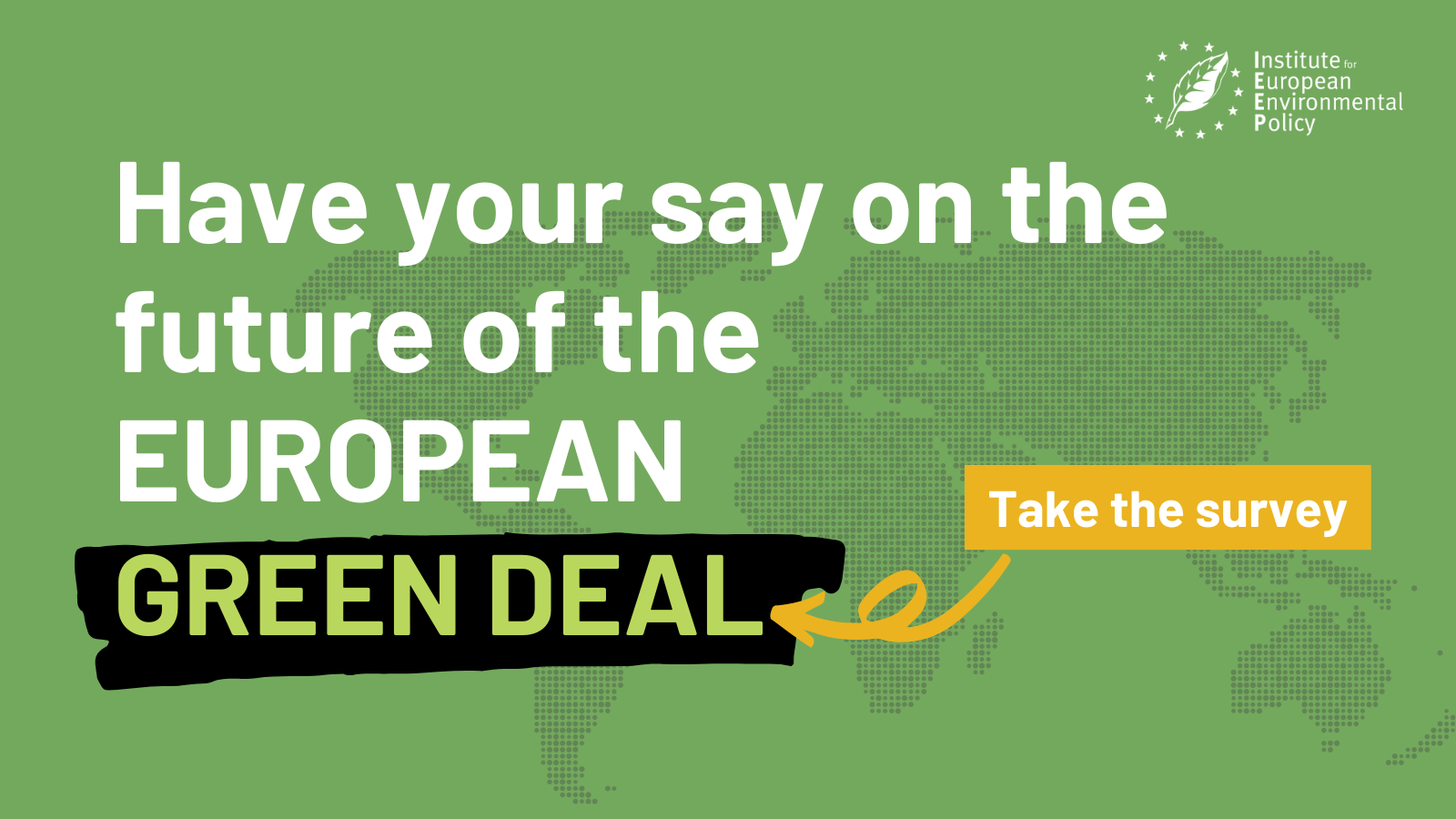IEEP held a one-day conference in Brussels on 5 October 2017 to present the findings of a major study for the European Commission on the use of market-based instruments to address pollution and resource use.
The conference marked the conclusion of the study entitled ‘Capacity Building, Programmatic Development and Communication in the Field of Environmental Taxation and Budgetary Reform’, undertaken for DG Environment by an IEEP-led consortium.
The full-day event, hosted by the Committee of the Regions, brought together civil society organisations and policy-makers from across the EU to discuss how civil society can support and encourage the use of economic instruments to achieve environmental objectives.
The conference showcased the study’s findings, including presentations on interesting economic instruments from across the EU. The presentations can be viewed by clicking on the links below:
- Introduction to economic instruments & the study – Patrick ten Brink & Emma Watkins
- Thematic session: Air Pollution – Andrea Illes
- Case study: Tax on fluorinated greenhouse gases in Spain – Ignasi Puig Ventosa (download at the bottom of this page)
- Thematic session: Waste, resources and circular economy – Sarah Ettlinger
- Case study: Finnish deposit refund system – Pasi Nurminen
- Case study: Belgian pay-as-you-throw (PAYT) schemes – John Wante
- Thematic session: Water quality and marine litter – Mikael Skou Andersen (download at the bottom of this page)
- Case study: Poland: Wastewater fee – Kamila Paquel
- Case study: Free delivery of plastic ship waste in the Netherlands – Coen Peelen
- Thematic session: Water stress and availability – Anders Branth Pedersen
- Case study: Cyprus: Pricing for irrigation and the cost of water scarcity – Christos Zoumides
- Case study: The Stake-Pay-Say principle in the Netherlands – Herman Havekes
- Thematic session: Biodiversity and land use – Daniela Russi
- Case study: Fishing fees supporting salmon conservation and management in Ireland – Ciaran Byrne
- Case study: The Danish pesticide tax – Jens Holger Helbo Hansen
A roundtable discussion was also held with representatives of EU institutions and civil society.
A short description of the study for the European Commission, the agenda for the event and a summary of the discussions on the day can all be downloaded below.
The final report and case studies can also be downloaded from IEEP’s website.
For more information on the study or IEEP’s wider work on environmental tax reform, please contact Emma Watkins.



